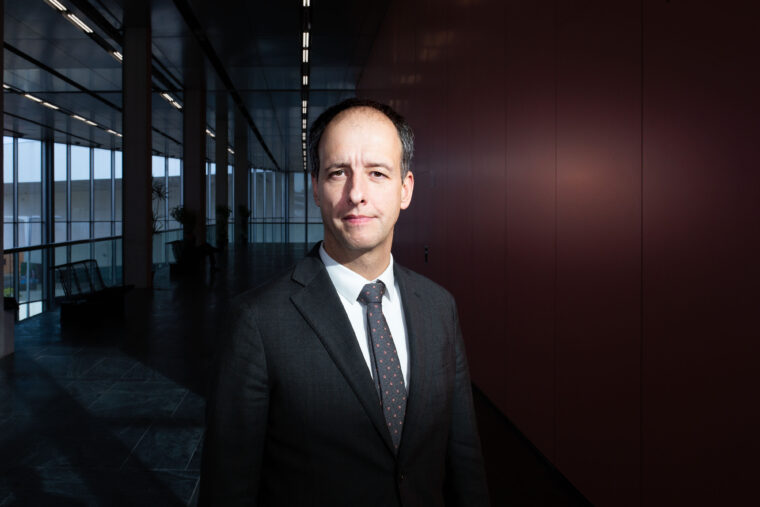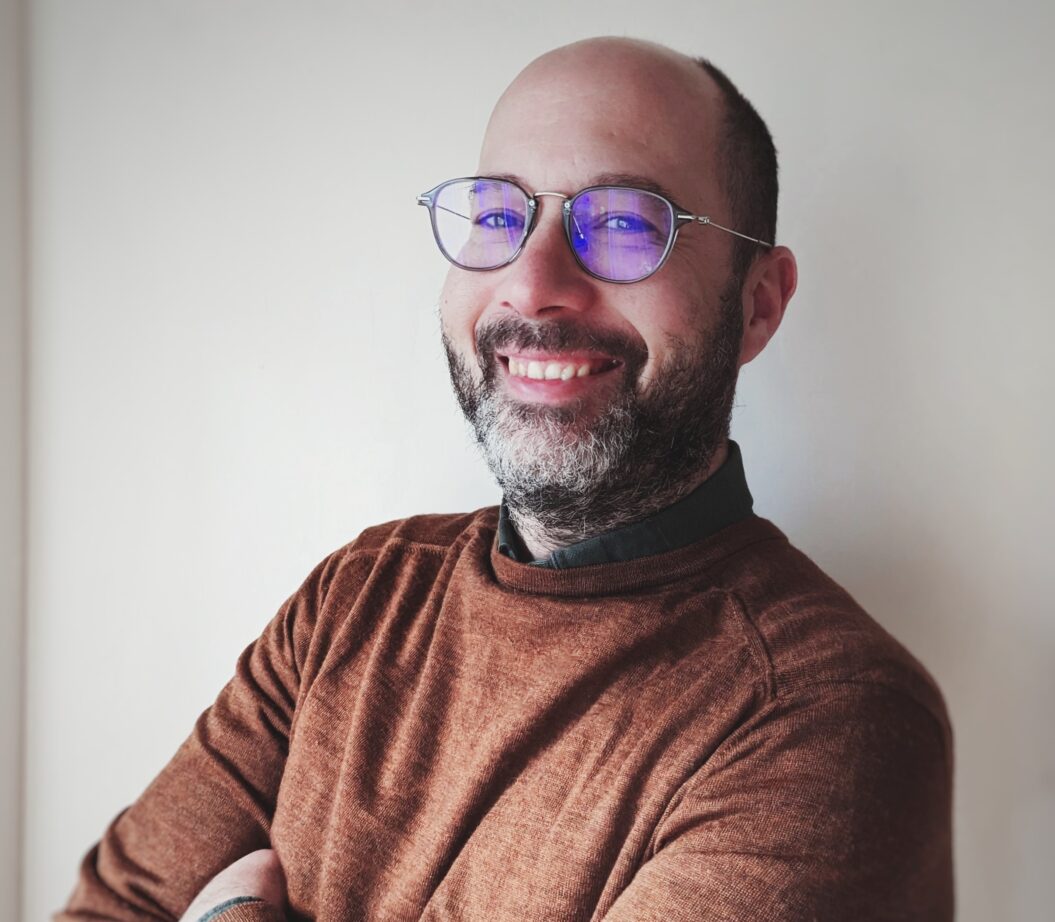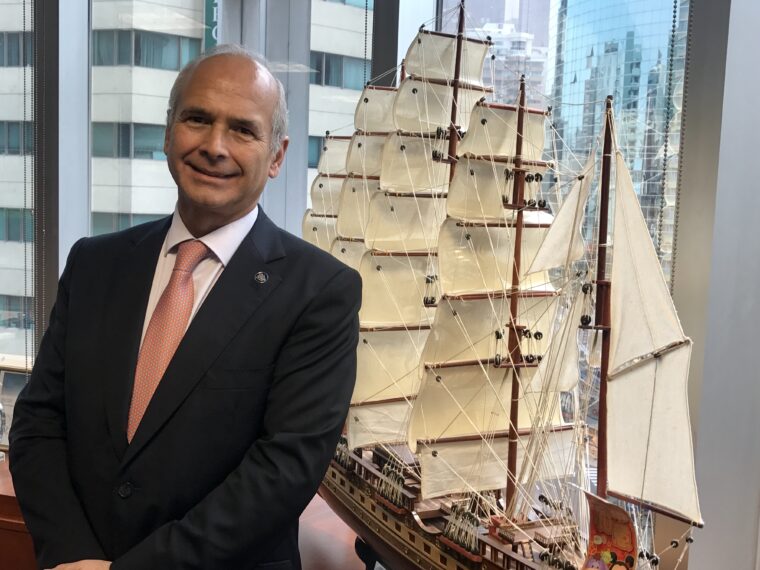Portuguese people who stand out abroad are helping to find out where business opportunities are and what kind of companies and activities the country can attract. An initiative that brings together Negócios and the Portuguese Diaspora Council.
1- What led you to leave Portugal?
After an experience in Germany in 2003, in the last year of the course under the Erasmus program, I wanted to, professionally, experience what it would be like to work in another country. In 2005, the opportunity arose to follow Martifer’s expansion into Eastern Europe and I accepted the challenge of starting the company’s activity in Romania. At that time, the difference in growth opportunities and salaries for those who embraced an international career justified their departure from Portugal. Since then, I have been abroad, having lived in Poland between 2007 and 2010, before returning to Romania, where I am now.
2- What advantages or disadvantages does being Portuguese bring you?
Firstly, Portugal is a country recognized in the world as a peaceful country, which helps with integration into a community. We are not seen as problematic people.
In my case, as an emigrant in Romania in 2005, I felt that there was a fascination with Portugal, due to the fact that, despite being a small country, being in the EU and NATO, having a positive reputation in the world, and being seen, even today, as an exotic destination. Finally, the attitude we have to transform disadvantages into advantages. By being used to doing a lot with few resources, this helps us to be resilient and overcome problems that arise from distance, a different language, or a different culture.
3- What obstacles did you have to overcome and how did you do it?
The obstacles I faced when arriving in Romania were numerous, including high bureaucracy and ineffective public services, a huge emigration of qualified labour, and a population that is still mostly agricultural. In 2005, 54% of homes in Romania did not have a bathroom connected to the sewage network. The other obvious obstacle is the language, which, in the case of Romanian, is relatively easy to overcome as it has a Latin root with Portuguese.
4- What do you admire most about the country where you are?
The will to live. Romanian culture is the result of a very varied and difficult history. Due to the occupation, Romania is divided into three zones with different cultures: east, influenced by Russia; west, with influence from the Austro-Hungarian empire; and south, with Turkish influence. Each of them has a unique cultural history. Currently, more than half of the population lives in urban areas. Although modern life has greatly influenced the country, people remain connected to culture and folklore, and it is normal to see, for example, at modern music festivals, artists reinterpreting classic folklore themes.
Not being an obvious holiday destination, Romania has mountains, beaches, the Danube Delta, and a huge number of other internal tourist destinations, many of them yet to be explored.
5- What do you most admire about the company or organization where you work?
In 2016, I decided to start my own project in the area of renewable energy and construction project management. They are two totally different domains, but they allow me the freedom and luxury to try new things and challenge myself. It is very interesting to see that the 13 years I worked at Martifer and the more than 30 countries where I was involved in projects give me enormous knowledge to be able to deal with the day-to-day problems of managing and growing a company.
6- What recommendations would you give to Portugal and its entrepreneurs and managers?
Much greater investment is needed in innovation and in the creation of products that can be sold as a final product and not as transformed raw material. An example, for me of course, is what is happening with the metalworking sector. A country that does not produce raw materials (steel), such as Portugal, which does not produce processing equipment, which only transforms raw materials imported from France, Germany, and then exports semi-finished products back to these countries, can only do so due to low wages, as this is the only way to make up the difference to compensate for transport costs. Therefore, we have to invest a lot in innovation, finding ways to transform these raw materials in a more efficient way than Germany and France. This was achieved, for example, in the footwear industry, where Portugal went from being a supplier of cheap labour in the 1980s to second place in the world in terms of value per pair of shoes produced, just behind Italy.
7- In which sectors of the country where you live could Portuguese companies find customers?
I often have a feeling of “déjà vu” when living in Romania. The 10 to 15 years of delay compared to Portugal are felt, but are, at the same time, an opportunity. We Portuguese have already experienced what Romanians are experiencing now in many aspects. One of the sectors where this difference is most noticeable is tourism. Romania offers it all: from the stunning architecture and fun nightlife of Bucharest to the narrow alleys of Brasov, Bran Castle (Dracula’s castle), the peaks of the Carpathians and the beauty of the Danube Delta. Romania is, for example, known for being home to the largest population of brown bears in Europe. All this potential is still managed in a very old fashion way, based on small family guesthouses, without a tourism development strategy based on the quality of infrastructure and especially services.
8- In which sectors in Portugal could companies from the country where you live want to invest?
Technology and innovation: Portugal has a strong culture of innovation and entrepreneurship and is an attractive destination for technology and innovation companies. Romanian companies could invest in Portugal to take advantage of local talent, access to international markets and support from the Portuguese government. For example, technology company UiPath (first Romanian Unicorn) opened an office in Lisbon in 2022.
Romania owns a third of the Danube River and is also the most important gateway to the Black Sea, through the port of Constanta – the largest and deepest port on the Black Sea. It has a rich history in terms of naval engineering and production. Romanian naval engineering companies already operate in Portugal; Now, it is time to invest in other sectors linked to the sea, such as, for example, fish farming, which is very developed in the Black Sea and the Danube River.
Agriculture is another of the pillars of the development of the Romanian economy and a developing sector in Portugal. The country has excellent conditions for certain products, such as wine and olive oil, two of the most sought-after products in Romania.
9- What is the competitive advantage of the country you live in that could be replicated in Portugal?
Romania was for a long time one of the poorest countries in the European Union, but at the same time a country where education and culture were encouraged. Its competitive advantages at the moment are low production costs and qualified labour.
Portugal could replicate these competitive advantages through policies that promote cost competitiveness, the qualification of the workforce and the attraction of foreign investment. Portugal could reduce production costs through measures such as simplifying tax and labour legislation, reducing energy and transport costs, and investing in infrastructure.
Portugal could qualify its workforce through investments in education and professional training at the level of company management, developing partnerships with companies to train workers. Without a serious review of the tax burden on workers, the country will hardly be competitive in retaining talent.
10- Are you thinking of returning to Portugal? Why?
Portugal is, at the moment, a great country to live in, but a bad country to earn money to live. It has a wonderful climate, a rich culture, the best cuisine in the world, but it does not recognize the talent of young people nor does it create the right conditions for young people who want to stay in the country to do so. At this point in my career, my entire network of contacts is based in Eastern Europe, and I don’t see myself returning professionally to Portugal. I hope in a few years to have the financial conditions that will allow me to enjoy life in Portugal with quality.
Read the original article here.






